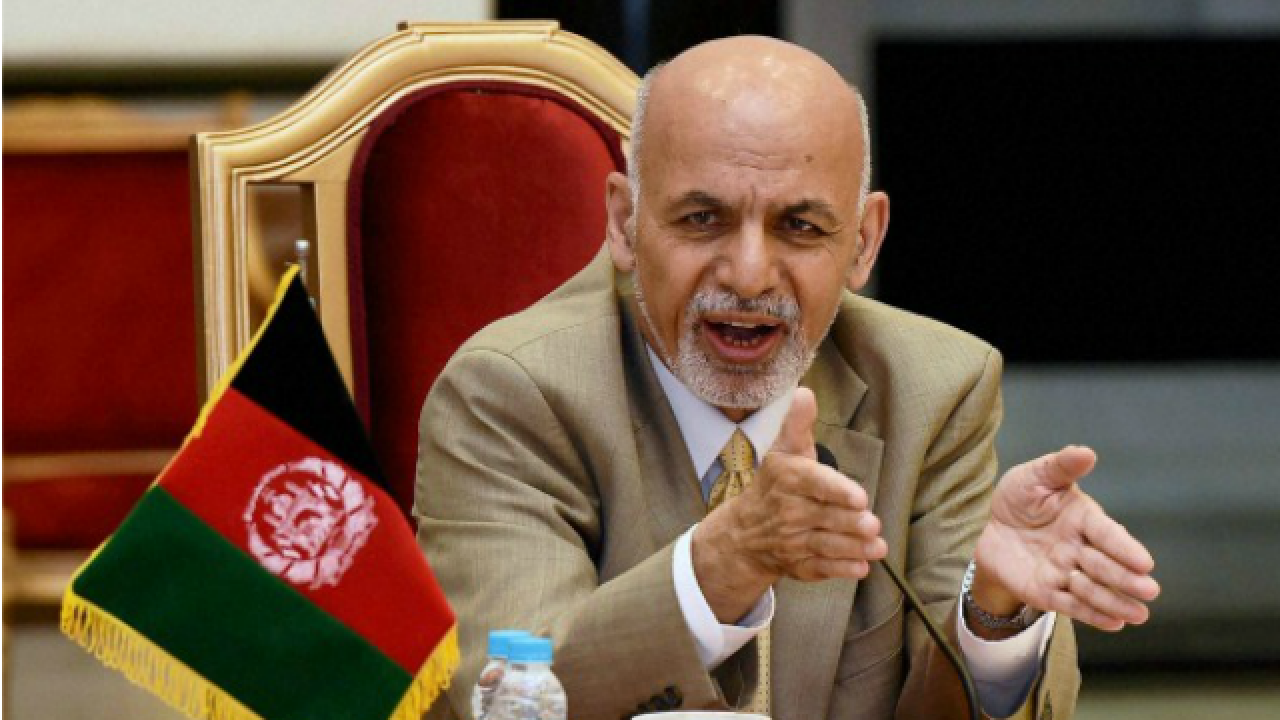
In 1996, the Taliban seized power in Afghanistan. Led by motley warlords, the terrorist group had been created in 1993 by the Pakistani army under the benign gaze of Prime Minister Benazir Bhutto.
It was driven out of Kabul after the United States unleashed its war on terror in 2001 following the 9/11 terror attack in New York and on the Pentagon.
During those five years of Taliban rule, Afghanistan fell under a near-medieval interpretation of Sharia law. Only three countries recognised the Taliban government: Pakistan, Saudi Arabia and the United Arab Emirates.
History is about to be repeated, but with a twist. The Taliban could soon be back in power with a new patron: the United States. After fighting the Taliban for nearly 18 years, President Donald Trump has decided to cut and run.
Though the eighth round of negotiations between Taliban and the US representatives in Doha, Qatar, last week was inconclusive, the Taliban knows it has effectively won the longest war America has fought in its history.
Afghanistan goes to the polls on September 28 to choose a new national government. Formal campaigning began on July 28. Sceptics, however, doubt that the election will be held at all. Twenty presidential candidates are in the fray, but violence by Taliban terrorists has ensured that more than half have been unable to even begin their campaigns.
During his bombastic 30-minute press conference with visiting Pakistani Prime Minister Imran Khan, US President Donald Trump said he could end the Afghan war in 10 days, but wasn’t doing so because 10 million Afghans would be killed.
A stone-faced Khan listened as Trump rambled on about past Pakistani governments’ duplicity in Afghanistan. Khan, however, was in Washington in pursuit of a single-point agenda: to ensure that Trump doubled down on his promise to get US and NATO troops out of Afghanistan as quickly as possible.
Trump’s throwaway remark on mediation in Jammu & Kashmir came as a bonus for Khan even though the subsequent readout of the Trump-Khan meeting in the White House made no mention of mediation. Following the invalidation of Article 370 in the Indian Constitution, Khan’s attempt to draw Trump into J&K has run into a wall.
Khan, though, got what he wanted in Washington: a renewed promise that US and NATO troops would shortly exit Afghanistan, leaving the country at the mercy of a terror group the Pakistani military has armed, funded and nurtured for 25 years.
Pakistan’s chief of army staff General Qamar Javed Bajwa and the new Inter-Services Intelligence (ISI) chief Lieutenant General Faiz Hameed left Washington satisfied that they had gamed the Americans once again. However, to Pakistan’s disappointment, the Taliban spokesman last week officially rejected Islamabad’s ploy to link Afghanistan with Kashmir stating: “Linking the issue of Kashmir with that of Afghanistan will not aid in improving the (Afghanistan) crisis.”
What next for Afghanistan? The Taliban’s lethal attack on presidential candidate Amrullah Saleh, Afghanistan’s former Interior Minister and an implacable foe of the terror group, killed 30 people. Saleh miraculously escaped with injuries and has vowed to continue his election campaign. But the Taliban’s gameplan, masterminded in Rawalpindi, is clear: mount terror attacks on Afghan politicians standing for election to cause yet another postponement of the September 28 poll. Pakistan and the Taliban would then seek to establish an interim government with Taliban representatives forming part of a patchwork administration.
This arrangement would suit Pakistan. With US and NATO troops gone (bar a small contingent), the strategic depth it has long sought in Afghanistan would be within reach.
The Ashraf Ghani government has been a roadblock for Rawalpindi. Withdrawal of US/NATO troops and collapse of the Ghani government will give Pakistan and the Taliban free rein over Afghanistan.
Ordinary Afghanis view the future under the Taliban and the Pakistani military with trepidation. At a recent conference in Mumbai, members of Afghan civil society said in an interview with a leading daily: “Everyone wants peace.
It is the most important thing for every Afghan. But we do not know the price of this peace. We had peace before when the Taliban were ruling Afghanistan. But we had no life then – no rights, no jobs, nothing. Will it be different this time? We don’t know. Because of what I do, I am going to be a target if the Taliban come back. Pakistan is the main concern. Pakistan has invited the Taliban, and when the Taliban return, Pakistan will not stop interfering.
They have invested a lot in keeping Afghanistan destabilised.”
For India a destabilised Afghanistan is a worrying prospect. Under an interim government with Taliban representation, the Sharia laws of 1996-2001 may return. India’s infrastructure projects could be in jeopardy. Yet, Pakistan could be biting off more than it can chew. The Taliban is faction-ridden. Dominated by Pashtuns, it does not recognise the colonial Durand Line that artificially splits Pashtuns across Afghanistan and Pakistan.
The demand for a united Pashtunistan, carved out of Afghanistan and Pakistan, is a potential nightmare for Islamabad, already facing an insurgency in Balochistan and deep unrest in Sindh.
The Taliban could give Pakistan a short-term win in Afghanistan. In the long term, however, it could prove the beginning of an end game for Pakistan itself.
The writer is an author and publisher